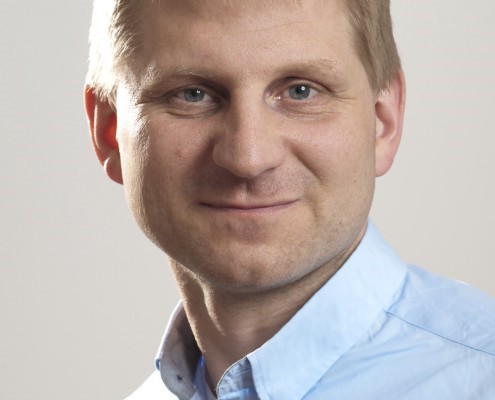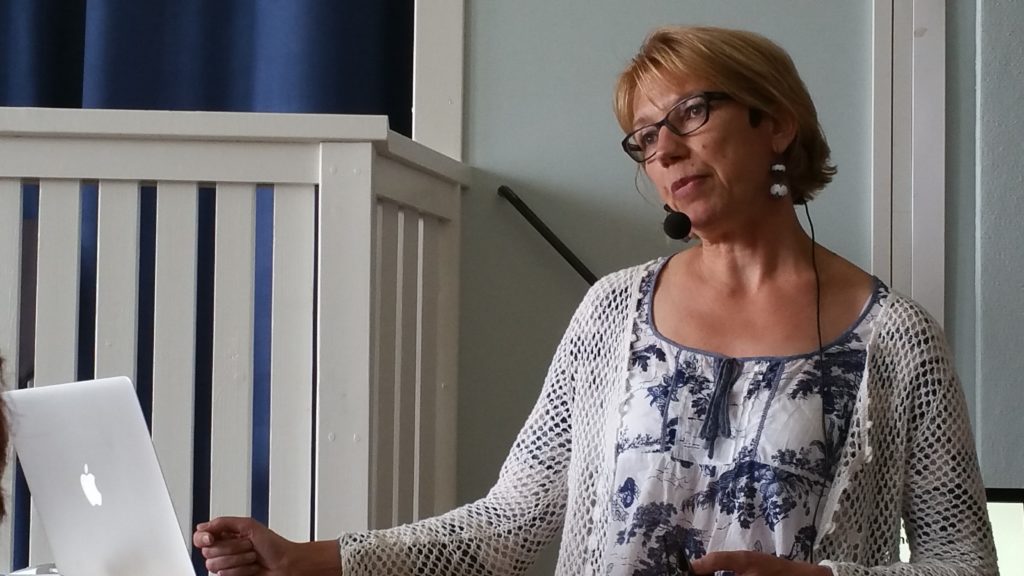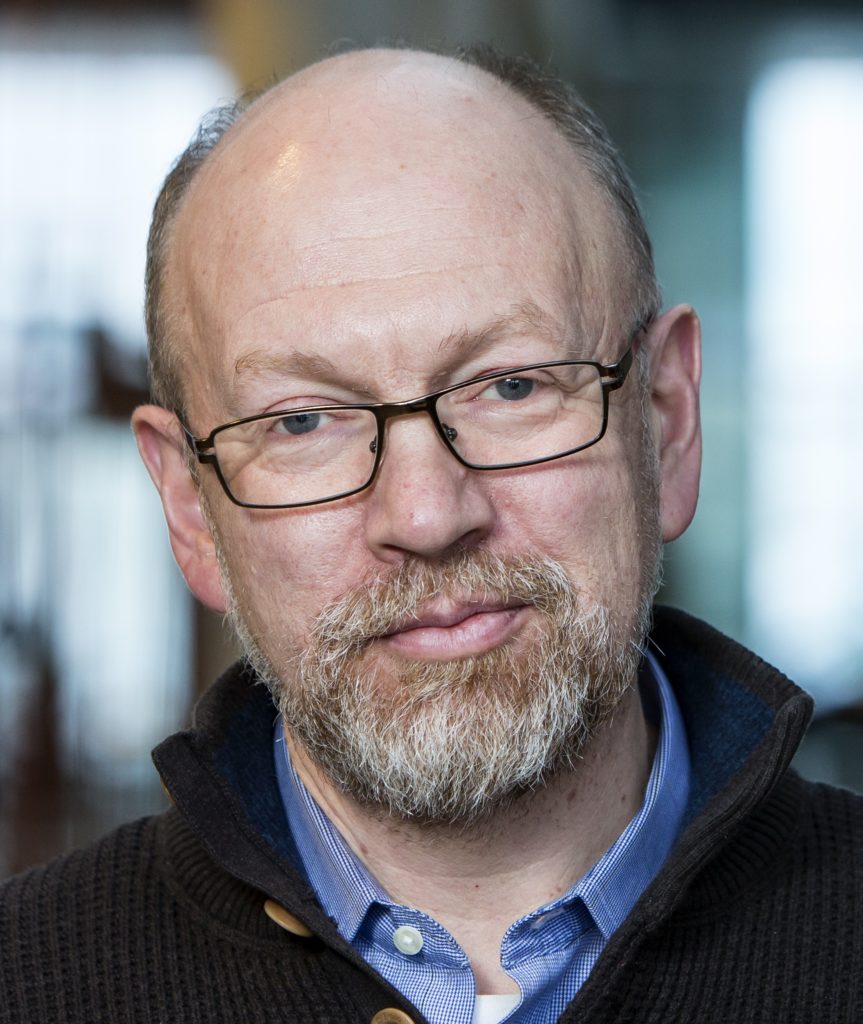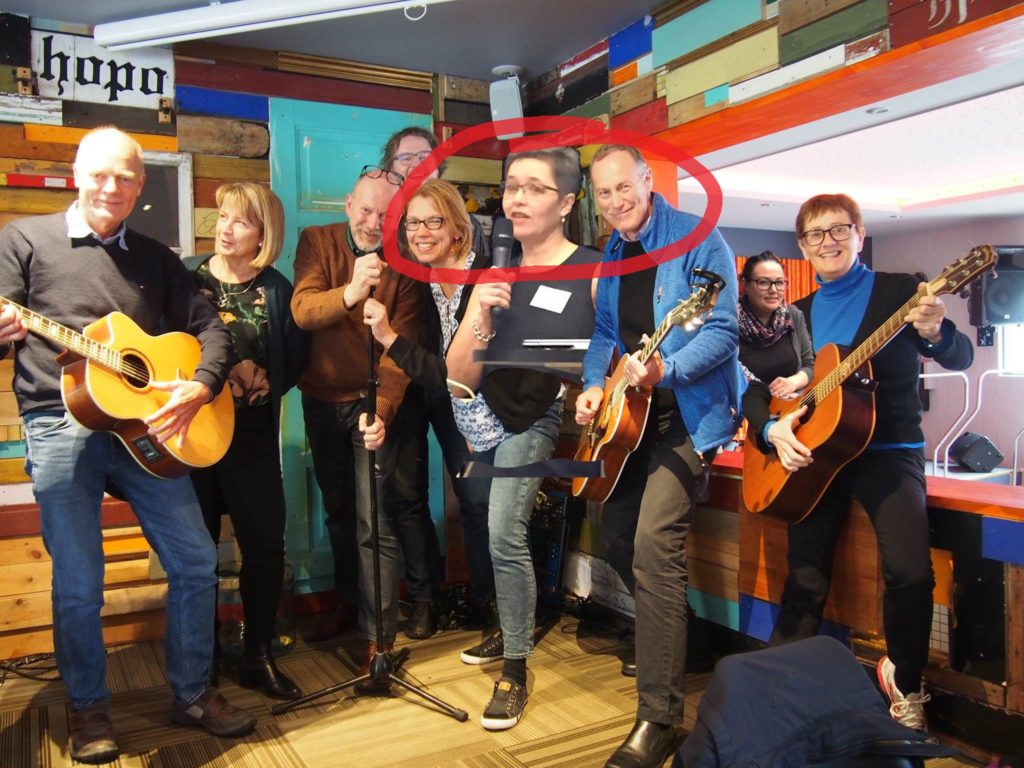Meet the presenters at the conference on „Adult learning, Rural development and Interactive – Creative Technologies„
Anna Guðrún Edvardsdóttir
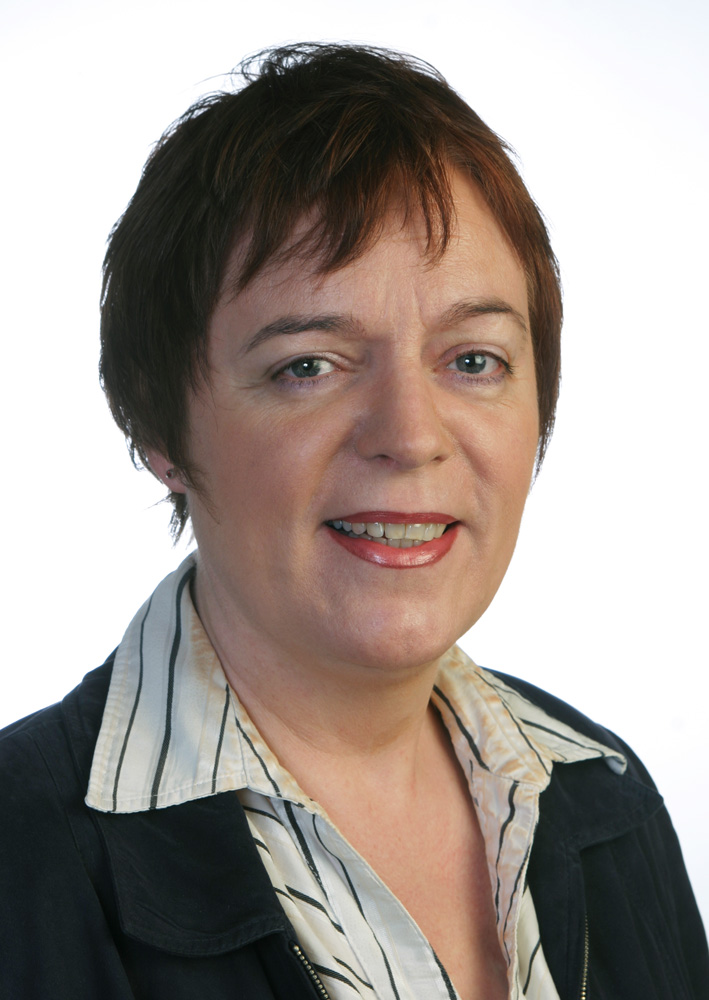 Anna Guðrún Edvardsdóttir graduated with B.ED degree in 1987 and M.ED degree in educational administration in 2002 from the Icelandic Teacher College. In 2016 Anna Guðrún graduated with Ph.D degree in philosophy in education from the University of Iceland, School of Education.
Anna Guðrún Edvardsdóttir graduated with B.ED degree in 1987 and M.ED degree in educational administration in 2002 from the Icelandic Teacher College. In 2016 Anna Guðrún graduated with Ph.D degree in philosophy in education from the University of Iceland, School of Education.
Anna Guðrún worked as a teacher and principal for years in a compulsory school. She has taught at secondary school level, university level and in adult education. Anna Guðrún worked as a project manager at the Westfjords Natural History Institute, a project manager in adult education at the Life Long Learning Centre in the Westfjords and a project manager in research at the University Centre of the Westfjords in 2004-2011.
Anna Guðrún has considerable experience working on local council issues and was a member of the local council in Bolungarvík and officiated as a chairman of the council´s board. From 2006-2011 Anna Guðrún was the chairman of the board of the Association of the Municipalities of the Westfjords, the Westfjords Marketing Office and the Economic Development Agency of the Westfjords.
Anna Guðrún works as an adjunct and a researcher in the School of Education in the University of Iceland. She is also one of the members of RORUM ehf, which is a research and consulting company.
Her presentation:
The interaction of the knowledge society and rural development
The expansion of the knowledge society became a regional policy issue in Iceland and Scotland in the 1990s. Attention was increasingly paid to the development of the knowledge society in rural areas, especially higher education and research activities.
This research examines the interaction of the knowledge society and rural development in three regions: The Westfjords of Iceland, East Iceland, and the Western Isles of Scotland. The aims are to investigate the effect of selected historical events on rural communities; to analyse the policy discourse on these events; and to examine whether and how higher education and research activities encourage people to become active place-makers in their communities.
The theoretical approach draws on resilience focusing on the knowledge society and rural development as a social-ecological system and incorporating epistemological pluralism and triple-loop learning. It also draws on theories of eco-feminism, sustainability and place-based pedagogy in rural development and the formation of communities.
Data was collected in three ways. Historical research was used in describing specific historical events. Historical discourse analysis was used when analysing governmental policy documents Interviews were taken with people who were living in these areas.
The overall conclusion reached is that rural development in the areas studied revolve around economic factors, such as job creation, population increase and research activities that focus on the main industry. The knowledge society however enables rural areas to deepen connections with environmental, social and cultural factors, thus creating sustainable and resilient communities, which is in line with recent policy in rural Iceland and the Western Isles.
The thesis suggests three criteria that could guide communities in becoming sustainable and resilient and where the knowledge society is a key player with a leading role. The first criterion is to form a broad partnership among stakeholders when working on place-based plans at community level, second, to establish a trust fund when dealing with the use of natural resources in the community and third, to form regional and national partnerships with universities, research institutions and knowledge centres.
For further reading see:
- AG Edvardsdóttir (2016) The interaction of the knowledge society and rural development in Iceland and Scotland
- AG Edvardsdóttir (2013) Place and space for women in a rural area in Iceland. Education in the North 20 (Special Issue), 73-89
Þóroddur Bjarnason
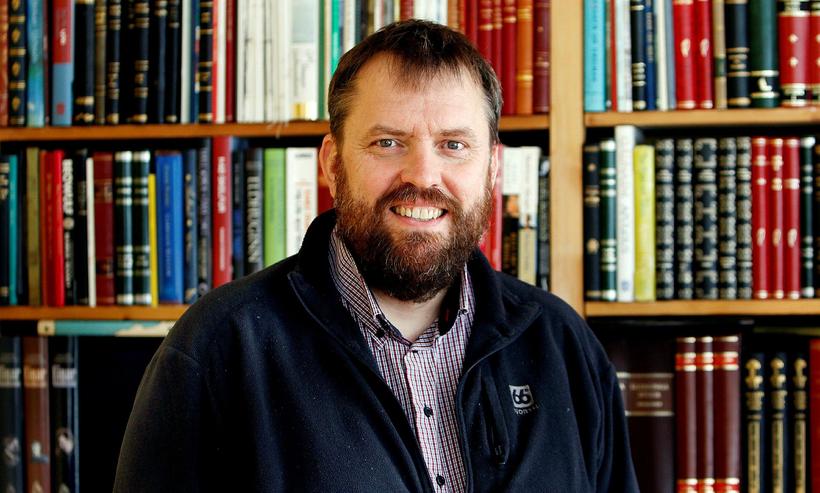
Thoroddur Bjarnason is Professor of Sociology at the Department of Social Sciences at the University of Akureyri in Northern Iceland. His research is primarily in the field of regional development and focuses in particular on migration and demographic trends. His work on the effects of university location and mode of instruction on regional differences in university education have appeared in the Journal of Rural Studies, Sociologia Ruralis and the Icelandic journals Netla and Tímarit um uppeldi og menntun.
His presentation
University location, mode of instruction and regional differences in university education
For centuries, the University of Copenhagen was the primary institution of higher education for Icelandic students. The establishment of the University of Iceland in 1911 transformed the structure of educational opportunities in Iceland and allowed prospective students in Reykjavík and adjacent areas the opportunity to live and study at home. In other regions of Iceland, however, university students continued to leave their home communities for study and only a minority of those students returned after graduation. As a result, there is a considerable gap in educational levels in between the Reykjavík capital area and other regions of Iceland. In past decades, several smaller universities have been established outside the capital area and various forms of flexible and distance education have been developed. This presentation will examine the effects of university location and mode of instruction on the geographical mobility of university graduates and educational levels in different regions.
For further reading see:
- T Bjarnason, B Thorarinsdottir (2018) The Effects of Regional and Distance Education on the Supply of Qualified Teachers in Rural Iceland, Sociologia Ruralis 58 (4), 786-804
- T Bjarnason, IR Edvardsson (2017) University pathways of urban and rural migration in Iceland. Journal of Rural Studies 54, 244-254
Óli Halldórsson
Óli Halldórsson is the director of the Husavik Academic Center situated in the northern part of Iceland. He has a masters degree in Environmental studies and has work experience in that field too. Óli has lead the Húsavík Acacemic Center from its founding in 2003.
Óli will be reflecting on the role and possibilities Academic and learning centres in rural areas have in their local communities, based on his long experience in the field.
Taru Kekkonen
Taru Kekkonen has been involved in online learning for 20 years. Together with her colleagues she has given adults a second – or third, or fourth, or fifth – chance to continue their education. Taru is now an education manager at Omnia, the Joint Authority of Education in Espoo Region.
Taru will be presenting results from the NordPlus project Lorking: On Silent Learners which the DISTANS team worked on recently.
Hróbjartur Árnason
Hróbjartur Árnason is an Assistant Professor for Adult and Continuing Education in the School of Education at the University of Iceland. His research and practical projects include the use of ICT in adult education, democratic and creative learning methods, teacher training, education for senior citizens and evaluation of adult education projects both locally and for development cooperation. Hróbjartur has extensive experience in educating and training adult educators, both in informal settings as well as part of the Master’s Program on innovation and adult learning which he leads at the University of Iceland. His current research interests lie in the area of theories on adult learning and their connection to research and theories of creativity.
Workshop leaders
Microsoft Verkstæði um samvinnutól
Sigurður Fjalar Jónsson og Fjóla Hauksdóttir
Um gerð kennslumyndskeiða
DISTANS members: Alastair Creelman, Carola Eklund og Taru Kekkonen
Workshop on free collaborative tools for education
